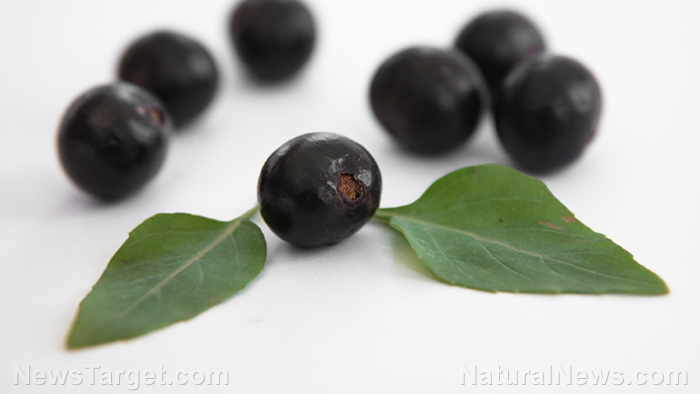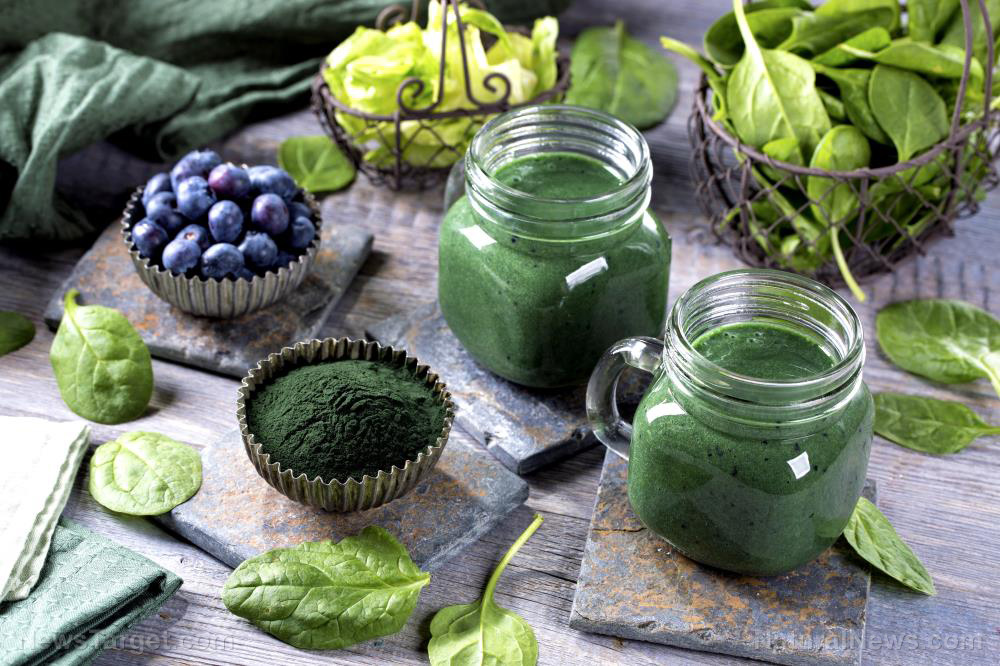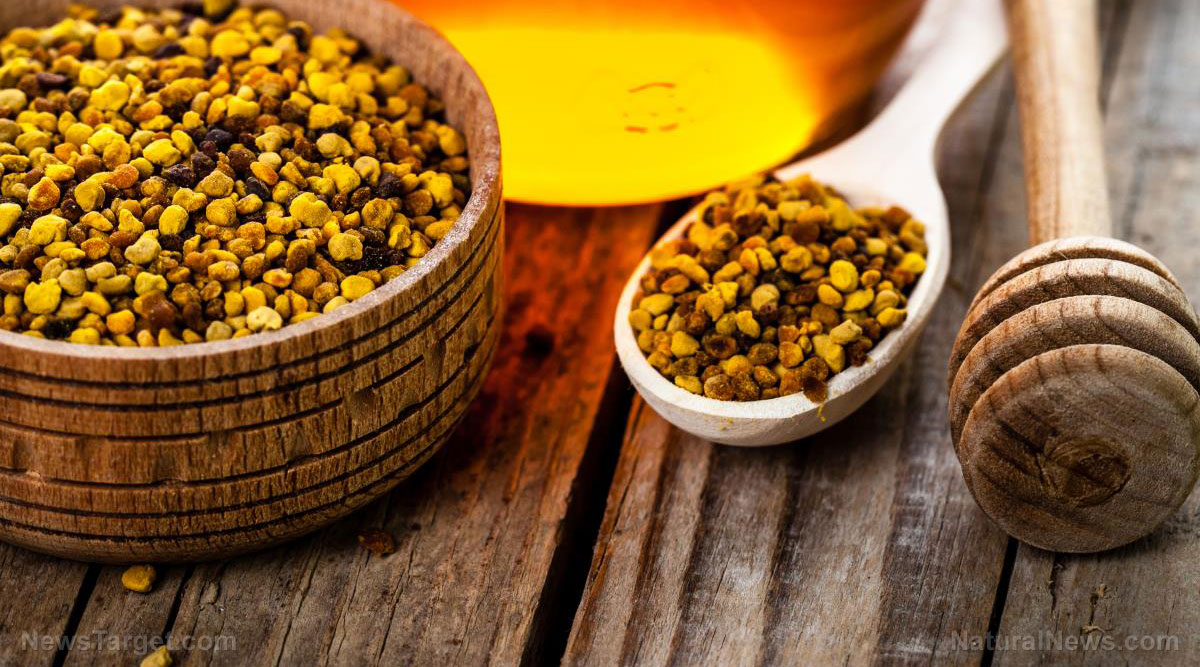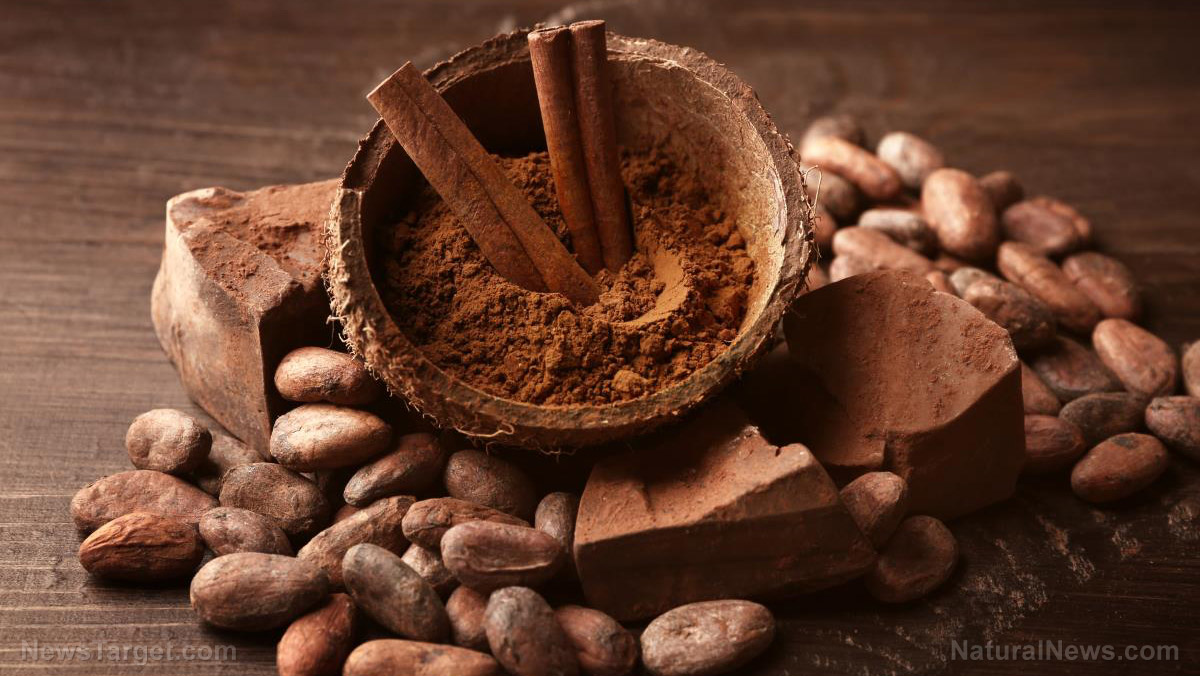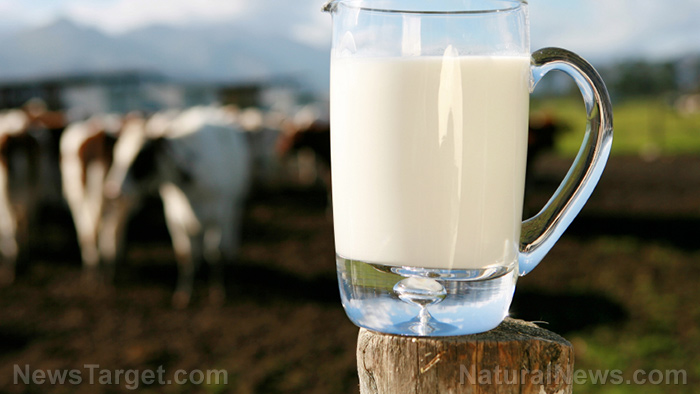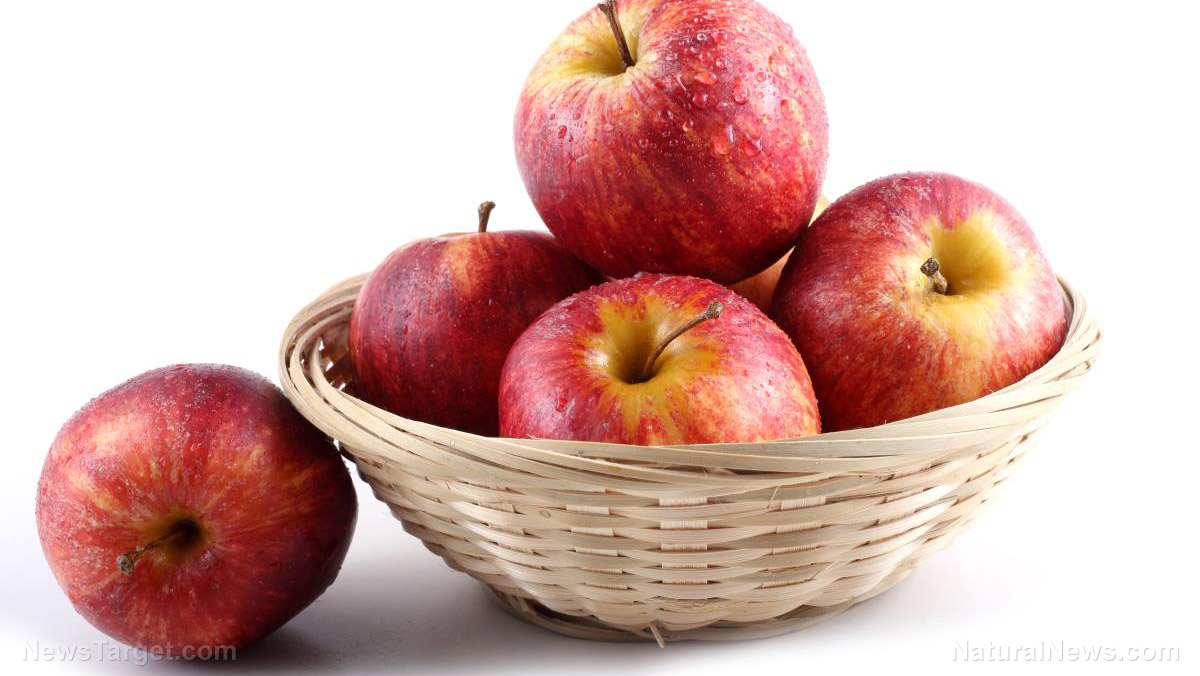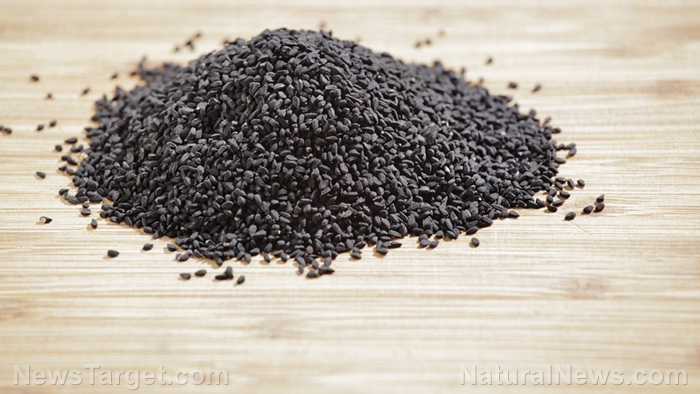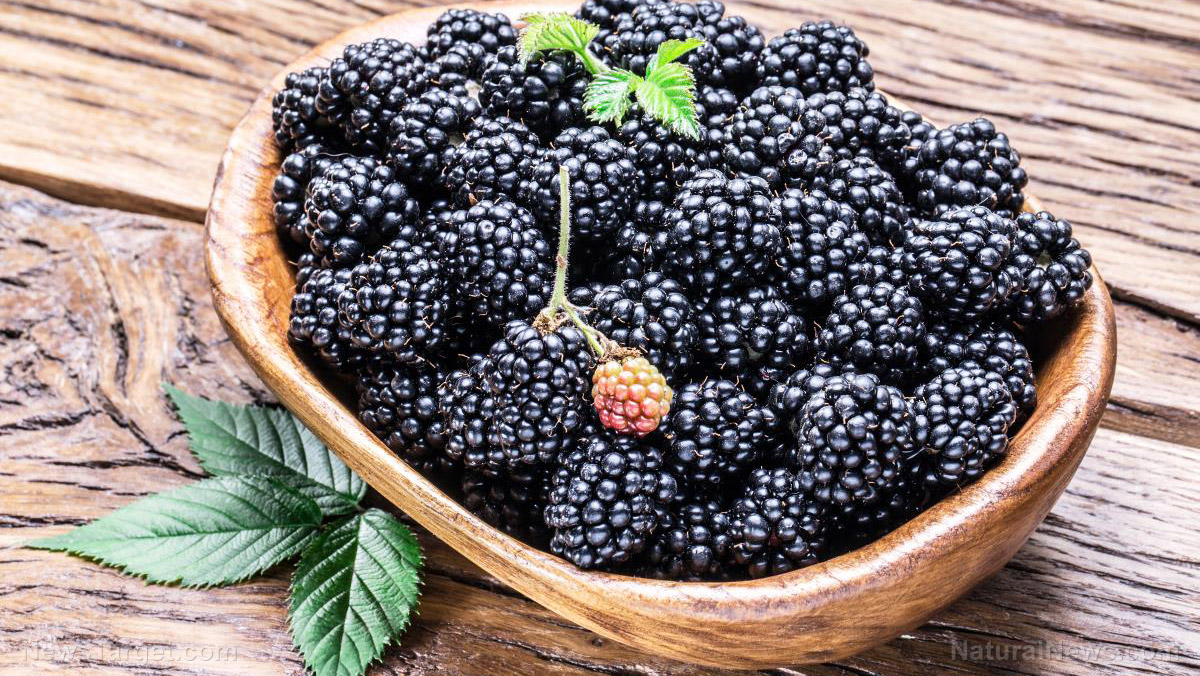Wheatgrass helps manage cholesterol levels in menopausal women
11/10/2018 / By Michelle Simmons
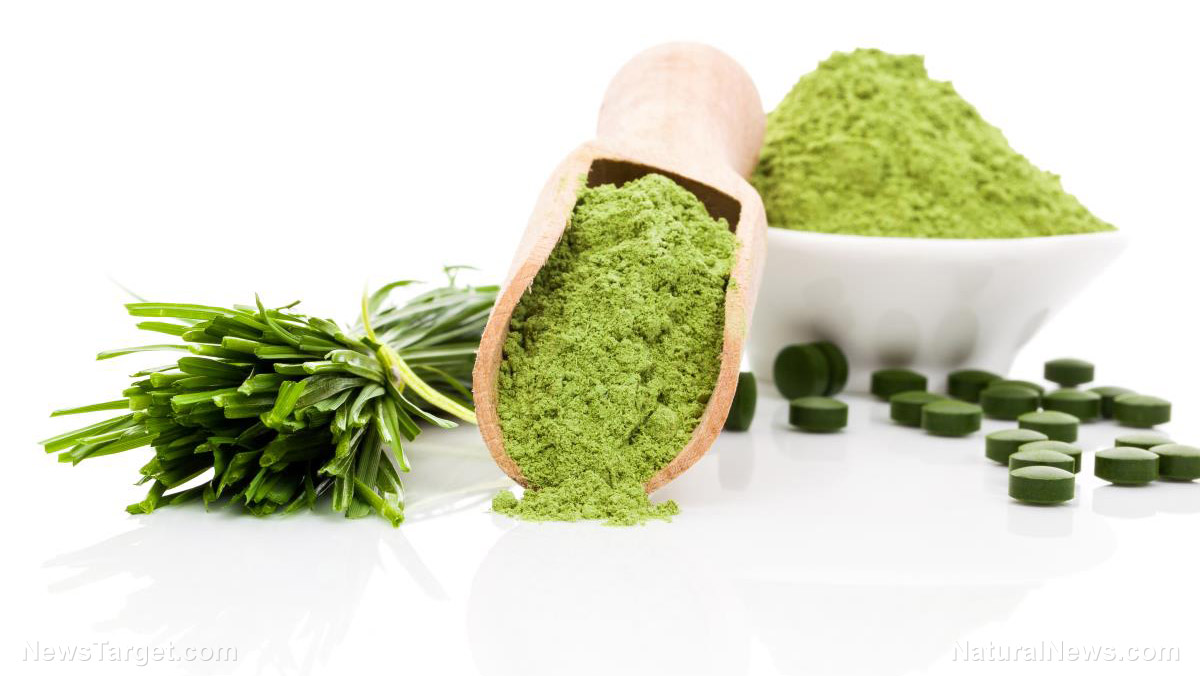
People with hyperlipidemia have high levels of total cholesterol, low-density lipoprotein (LDL) cholesterol, and triglycerides. Fortunately, research has found a natural medicine to reduce these lipid levels. A study in the Journal of Dietary Supplements has suggested that taking wheatgrass (Triticum aestivum) supplements can improve cholesterol levels of hyperlipidemic individuals, particularly in menopausal women.
For the study, researchers at The Maharaja Sayajirao University of Baroda in India looked at the effect of wheatgrass supplementation on atherogenic lipoproteins, inflammation, and menopausal symptoms in hyperlipidemic women.
They recruited 59 hyperlipidemic women who were then divided into two groups: 30 participants served as the control group, while 29 belonged to the treatment group. Women in the treatment group received 3.5 g of freeze-dried wheatgrass powder in encapsulated form daily for 10 weeks, while the control group did not receive any treatment.
The results of the 10-week treatment revealed that the women who received wheatgrass supplements experienced 5.4 percent reduction in total cholesterol, 4.4 percent decrease in low-density lipoprotein (LDL) cholesterol, and 9.5 percent decline in triglycerides. However, they also experienced a six percent decrease in the levels of high-density lipoprotein (HDL) cholesterol. Compared to the control group, the levels of total cholesterol, triglycerides, and Apolipoprotein B (Apo B) were significantly lower in the treatment group. The wheatgrass supplementation also somehow improved menopausal symptoms.
The findings of the study suggest that wheatgrass supplementation at a dose of 3.5g per day for 10 weeks causes significant reductions in the levels of total cholesterol, triglycerides, and Apo B without significantly reducing the HDL cholesterol.
Wheatgrass and its other benefits
Wheatgrass, which is closely related to wheat, is a thick, dry grass that looks similar to hay or straw. This grass is sometimes referred to as “green blood” because it is abundant in chlorophyll, which gives wheatgrass products an unusual green color. (Related: Wheatgrass: a chlorophyll-rich superfood bursting with nutrients.)
Wheatgrass was primarily grown to make hay, but ever since its health benefits have been discovered, it has been used for natural and holistic medicine for generations. Over the years, it has become known to many people. It can be consumed raw as part of a juice, and is also available in capsules, liquid suspensions, or as a powder to add to smoothies. Listed below are some of the health benefits wheatgrass offers:
- It is rich in nutrients and antioxidants: Wheatgrass is particularly abundant in vitamins A, C, and E, as well as amino acids, calcium, iron, and magnesium. Eight out of the 17 amino acids that wheatgrass contains are essential amino acids, which means that the body cannot produce them and they must be obtained from dietary sources. Wheatgrass also contains important antioxidants, such as vitamins C and E and glutathione.
- It may help fight cancer: Wheatgrass is rich in antioxidants, which may help destroy cancer cells and reduce cancer development. It may also reduce the side effects of chemotherapy.
- It may help regulate blood sugar: This grass may help reduce blood sugar levels, according to some animal studies.
- It may reduce inflammation: Chronic inflammation is known to play a role in the development of many diseases, including cancer, heart disease, and autoimmune disorders. Some studies found that the chlorophyll in wheatgrass may reduce inflammation, while other studies suggested that wheatgrass may help treat ulcerative colitis, an inflammatory bowel disease (IBD).
- It could help you lose weight: There is some evidence on how wheatgrass can aid in weight loss. Human and animal studies have found that wheatgrass contains thylakoids, which may increase satiety and aid in weight loss.
Read more news stories and studies on the health benefits of wheatgrass by going to NaturalMedicine.news.
Sources include:
Tagged Under: alternative medicine, atherogenicity, cholesterol, food as medicine, food cures, herbal medicine, Herbs, hyperlipidemia, inflammation, menopausal symptoms, natural cures, natural medicine, remedies, wheatgrass, women's health

